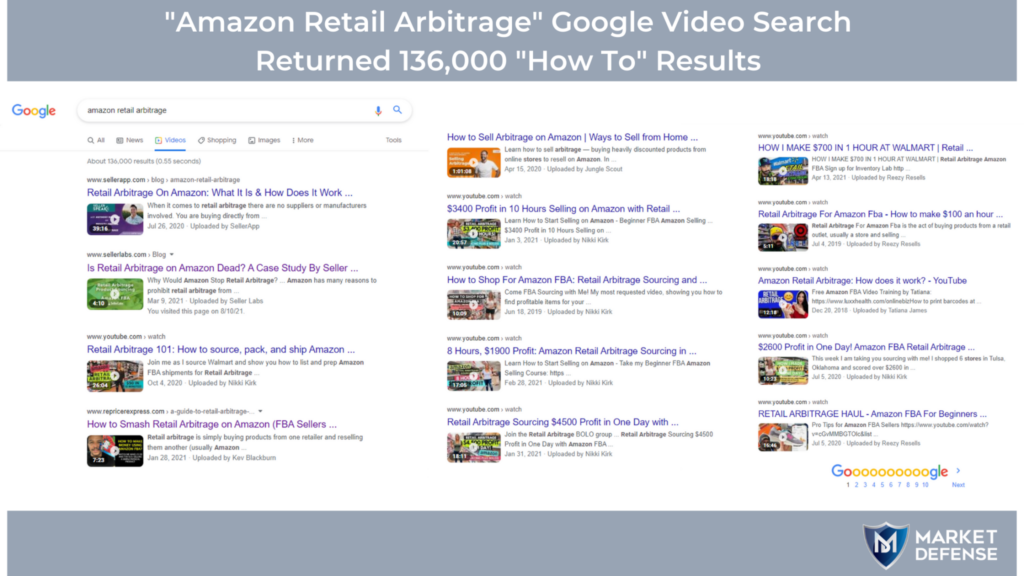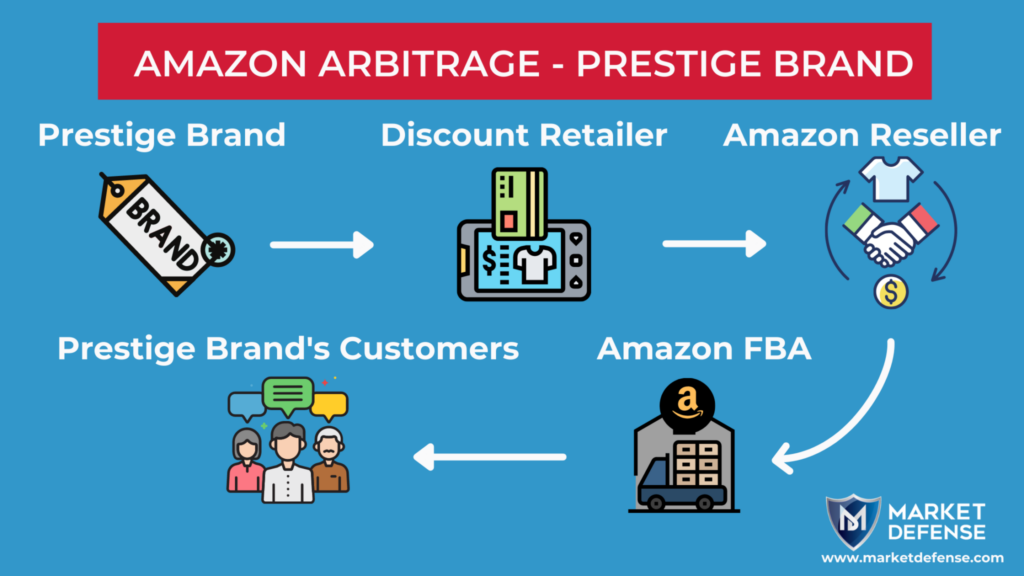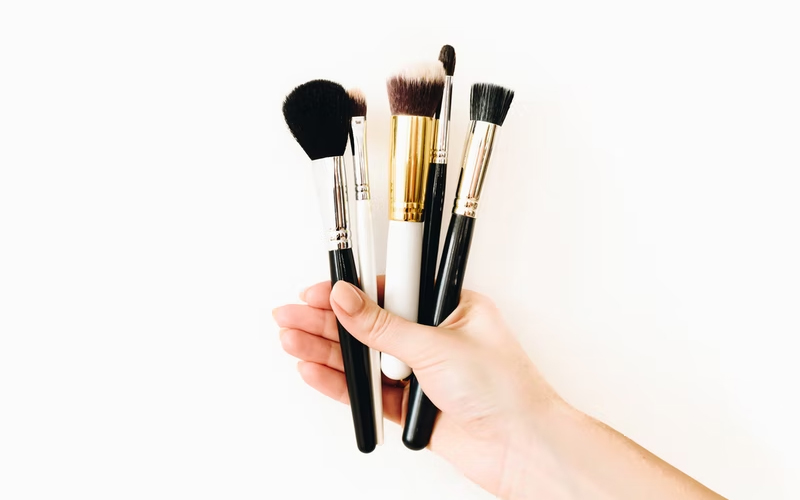What is Amazon Arbitrage?
Retail arbitrage has become an increasingly popular way to make money, especially given the rise of e-commerce during COVID. What is retail arbitrage?
"
“Retail arbitrage is an e-commerce business model centered around buying inventory at a discount from offline and online retailers, the reselling it online for a profit.”
(Source: SkuVault, February 2021)
Amazon Arbitrage is a specific type of retail arbitrage where sellers find discounted products either online or at a retail store and sell them for a profit on Amazon. Sellers of all sizes have gotten in the game. What makes it so enticing? First, anyone can do it with a small investment. Second, it can be a great way to make money quickly.
Which products are best for Amazon Arbitrage? The ideal products generally have the following criteria: a small size and weight (therefore have low shipping costs), a small number of reviews (lower competition), and a sales price in the $10-70 price range to cover costs and generate high ROI.
Below is a screen shot of a search we did on “amazon retail arbitrage” on August 11, 2021. It returned 136,000 video results. The videos all provide education on what Amazon Arbitrage is, how it works, and detailed instructions on anyone can do it themselves. Clearly, the business model is popular.

But Amazon Arbitrage has downsides and risks. First and foremost, it isn’t scalable – or at least, not for smaller sellers – so upside is limited. Second, it takes time and research to find a product with low competition and high demand. While there are several Amazon product research tools out there, finding “silver bullets” is no easy task. Third and most importantly, Amazon goes to great lengths to protect its customers through Brand Registry. If a seller tries to sell a brand restricted product without approval, the listing can be flagged by Amazon and the account can be taken down.
How Amazon Arbitrage Works in Prestige Beauty
The graphic at the beginning of this post illustrates how Amazon Arbitrage works. Let’s take an example. Assume that a seller goes to a discount retailer like TJ Maxx, using his/her Amazon Seller App to determine potential ROI. He/she finds makeup brushes from a prestige beauty brand like Smashbox, heavily discounted. Perhaps Smashbox was redesigning or repackaging these brushes and sold its old inventory to TJ Maxx. Or perhaps Smashbox provided them to a Beauty Box subscription service that couldn’t sell them all, so they dumped them.
Either way, the seller determines that the brushes are good candidates for arbitrage. The seller purchases them, sends them to an Amazon warehouse, puts them up on Amazon at a higher price, Smashbox customers find them and purchase them, and the brushes are delivered to Smashbox’s customers through Amazon fulfilment (FBA).

The Impact to Prestige Beauty Brands
Health and Beauty products are popular for Amazon Arbitrage because they fit the typical criteria: small, lightweight, in the $25-50 range, easily found at a discount retailer, and depending on the product and brand, can have few reviews but high demand. Small, unauthorized resellers aren’t much of a risk to beauty brands because they are selling such low quantities, they can easily be found, and the products delisted.
The bigger threat to prestige beauty brands comes from reseller groups that band together to identify large amounts of certain ASINs at discount stores like TJ Maxx. They may drive by various store locations in a certain city or region, amass a large amount of a certain ASIN and resell them at scale on Amazon.
Brands lose significant revenue when this happens because the discounted products bring in heavy demand. The revenue loss may be MORE THAN what it would cost to just swap out the packing on the current inventory. Plus, since these products have been touched so many times by each stakeholder in the process (brand, discount retailer, reseller, Amazon), by the time they get to the end customer, they are likely to be damaged or expired. This impacts customer satisfaction, leading to poor reviews which devalue the brand and are the kiss of death on every online marketplace.
What Prestige Beauty Brands Can Do to Stop It
There are two key things that prestige beauty brands can do to prevent Amazon Arbitrage, and the revenue loss and impact on customer experience/retention that follows. First, instead of selling discontinued products or those with outdated packaging to discount retail stores, they can sell them on their own websites. Customers love sales and by keeping the sales on brands’ own websites, brands can control the inventory and ensure a positive customer experience.
Second, brands can limit the number of units per SKU they allow at each discount retailer location. We suggest a five (5) SKU limit, and brands should conduct audits to make sure that the retailer is sticking to this requirement. Trust us, it makes it more difficult for groups of resellers to amass large quantities of product. We have seen this solution work first-hand for one of our beauty brands that has a lucrative partnership with TJ Maxx.
Conclusion
Amazon Arbitrage is real – and can become a significant issue for prestige beauty brands. Is it a concern for your brand? We’d love to help.
Please reach out to us at connect@marketdefense.com. Shelley Swallow or a member of her Brand Protection team will respond to you immediately.


